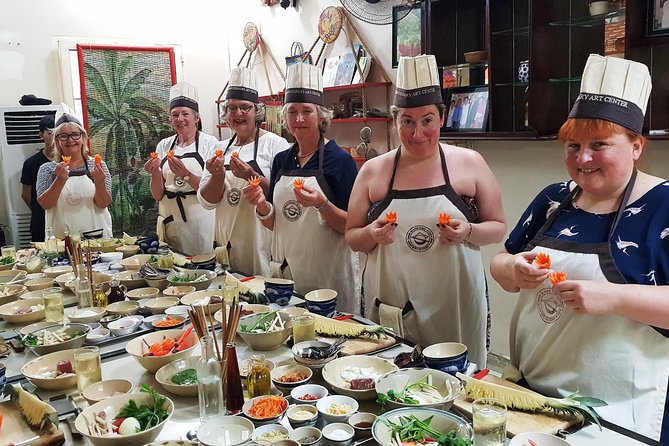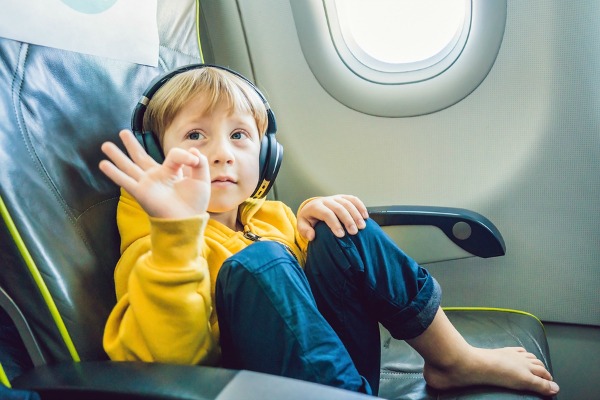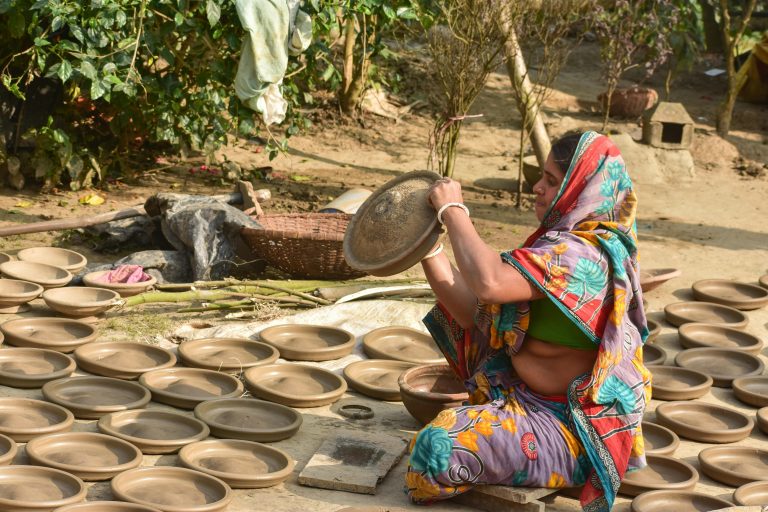In today’s globalized world, food has become one of the most powerful tools for connecting cultures, preserving heritage, and learning new traditions. Traditional cooking classes whether taken in your hometown or while abroad offer an immersive experience that goes well beyond the learning of recipes. They bring history, culture, and community into your kitchen, making the act of cooking an authentic cultural exchange.
Why Take Traditional Cooking Classes?
- Cultural Immersion: Learn the cultural background of each dish, ingredient, and cooking method.
- Hands-On Experience: Gain practical experience, from basic knife work to complex spice blending.
- Social Interaction: Interact with locals or other travelers, transforming cooking into a social and communal experience.
- Preserving Heritage: Classes tend to focus on family recipes and regional specialties that could otherwise be forgotten.
- Healthy and Original: Prepare food with fresh, locally available ingredients, and frequently omit processed and fast foods.
Conventional Cooking Courses within the Home
- Community and Cultural Centers: The majority of municipalities and cities offer conventional cooking courses through community centers, cultural centers, or ethnic organizations. For example, in Nigeria, cooking courses would probably be on how to make Jollof rice, Egusi soup, or Suya.
- Private Houses and Cooking Studios: Some chefs and food enthusiasts welcome small, intimate groups into their studios or homes for hands-on sessions. These are ideal for deep cultural immersion as they often include anecdotes from the host’s personal life, traditional music, and authentic locally sourced ingredients.
- Festivals and Pop-Up Events: Traditional cooking workshops are sometimes part of cultural festivals or food markets. These short, focused classes might highlight a single dish or cooking technique, providing a great introduction to traditional cuisines.
- Online Traditional Cooking Classes: With the rise of digital connectivity, many chefs now offer live or recorded traditional cooking classes online. These classes are especially useful for learning dishes from far-off regions without leaving your kitchen.
Traditional Cooking Classes Abroad
Taking cooking classes while traveling provide the opportunity to learn from the source. It’s a cultural immersion that pairs travel with cooking.
1. Cooking Experiences in Rural Villages: In Italy, Thailand, Morocco, or Mexico, visitors can participate in cooking classes in rural villages where recipes have been handed down through generations. The classes typically involve:
- Going to local markets for ingredients.
- Cooking with traditional equipment (clay pots, wood-fired ovens).
- Learning region-specific cooking methods such as fermentation or stone grinding.
- Sharing meals with host families, enhancing cultural exchange.
2. Cooking Schools and Culinary Retreats: Tourist destinations also provide cooking schools that impart traditional cuisines. Some of them are:
- Tuscany, Italy: Classes in country pasta, sauces, and olive oil usage.
- Kyoto, Japan: Classes in kaiseki (multi-course meal) or sushi-making.
- Marrakech, Morocco: Tagine and couscous preparation using local spices.
- Bangkok, Thailand: Mastering the art of combining sweet, sour, salty, and spicy tastes.
3. Farm-to-Table Classes: Cooking classes take place on farms or organic gardens in a variety of countries. Students learn to make meals using vegetables, herbs, and even sometimes meat from animals raised locally that have been freshly picked, contributing to an appreciation for seasonal and sustainable food.
4. Cultural Cooking Tours: There are tour operators offering combined cultural tours and cooking classes. These could be visits to historical sites, markets, and cooking classes as part of the tour, providing a complete cultural experience.
What to Expect in a Traditional Cooking Class
- Introduction to Ingredients: Regional spices, herbs, and produce are introduced.
- Demonstration: Important techniques and preparation steps are demonstrated by the chef or host.
- Hands-On Cooking: Students prepare the dishes themselves.
- Storytelling: The history of the dish, meaning, and variations are shared.
- Sharing the Meal: Best of all enjoying the food with new friends or hosts.
- Recipes and Tips: Take home printed recipes and insider kitchen tips.
Tips for Choosing and Enjoying Traditional Cooking Classes
- Research Class Focus: Some classes focus on street food, others on family recipes or holiday dishes.
- Look for Small Groups: Smaller classes mean more individual attention.
- Ask About Ingredients: Authentic classes use local, seasonal ingredients ask if substitutions are used.
- Check Reviews: Look for authentic experiences that are appreciated by past participants.
- Engage and Ask Questions: Hosts like to share their culture. Be curious.
- Be Prepared to Participate: Wear comfortable clothes and be ready to join in.
Traditional cooking courses both local and global offer a unique gateway to culture through cuisine. They transform cooking from a task into an enriching experience imbued with story, heritage, and community. Through them, you not only acquire practical cooking skills but also form meaningful connections with the individuals and cultures from which the food originates.
The next time you want to find out about a new culture or advance your culinary skills, consider signing up for a traditional cooking class. It’s a culinary experience just waiting to happen.





Leave a Comment